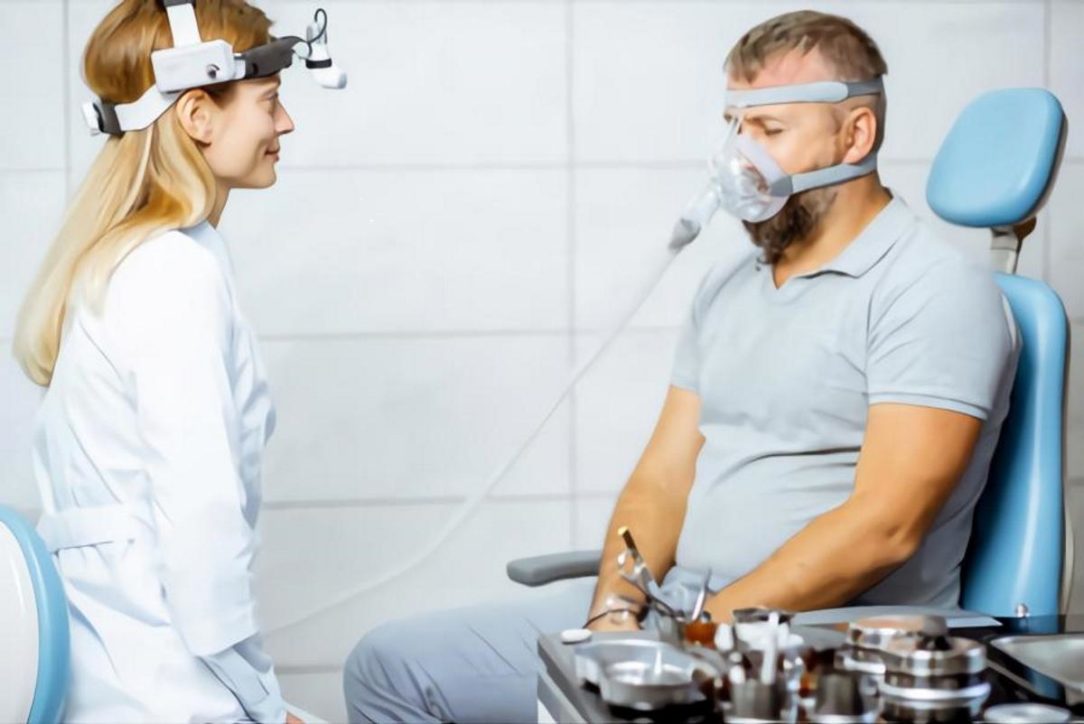The human cardiovascular system is an essential part of the human body. It is responsible for supplying the blood to all parts of our body, which is why it’s important to take care of it. There are many things that can affect the cardiovascular system negatively, such as sleep apnea. Sleep apnea is a common sleep-related breathing disorder characterized by repetitive episodes of apnea or reduced inspiratory airflow due to upper airway obstruction during sleep. Patients with OSA are often obese and have an increased prevalence of other cardiovascular risks. This blog post will discuss the correlation between sleep apnea and cardiovascular disease.

A study was done to examine the correlation between the development of cardiovascular disease and obstructive sleep apnea. A total of 4,341 men and women participated in this epidemiological study. All participants completed a questionnaire and had a medical examination. The risk of developing cardiovascular disease was assessed by a cardiologist. It was found that obstructive sleep apnea was independently associated with development of cardiovascular disease.
Sleep apnea is a common disorder where a person has pauses in breathing or shallow breaths while they are sleeping.
What is the relationship between Sleep apnea and Cardiovascular Disease?
Though breathing is slowed more in deep sleep, the risk of oxygen deprivation is much greater during REM sleep because of the rapid eye movement (REM) atonia—the paralysis of the muscles—which can prevent people with sleep apnea from rebreathing properly.
Epidemiology of Sleep apnea
Sleep apnea happens when a person experience pauses in breathing while sleeping. It’s estimated that over 18 million people in the United States suffer from sleep apnea, with this number increasing as the population ages. Sleep apnea can negatively affect one’s health, including obesity, cardiovascular disease and can contribute towards early death.
Pathophysiology of Sleep apnea and Cardiovascular Disease
It is well known that sleep apnea is a common cause of excessive daytime sleepiness. Obstructive sleep apnea (OSA) occurs when the soft tissues at the opening of the airway become weak and collapsed, allowing air to leak out during exhalation. This causes reduced blood flow to the heart and interrupted breathing. However, OSA may be just one part of a complex association between obstructive sleep apnea (OSA) and cardiovascular disease (CVD).
How to treat Sleep apnea and Cardiovascular Disease?
The cause of both Sleep apnea and Cardiovascular Disease is obstruction of the upper air passages. Treatment options for both conditions include lifestyle changes and medical treatment, which may include surgery.
Contact TexanENT today and review our Sleep Apnea page for additional info.

